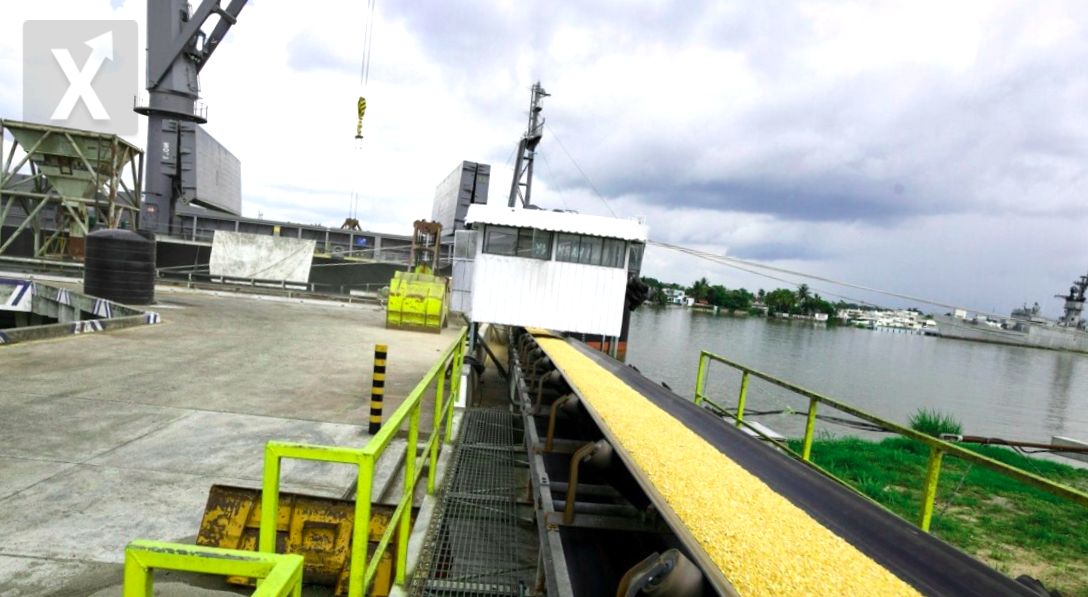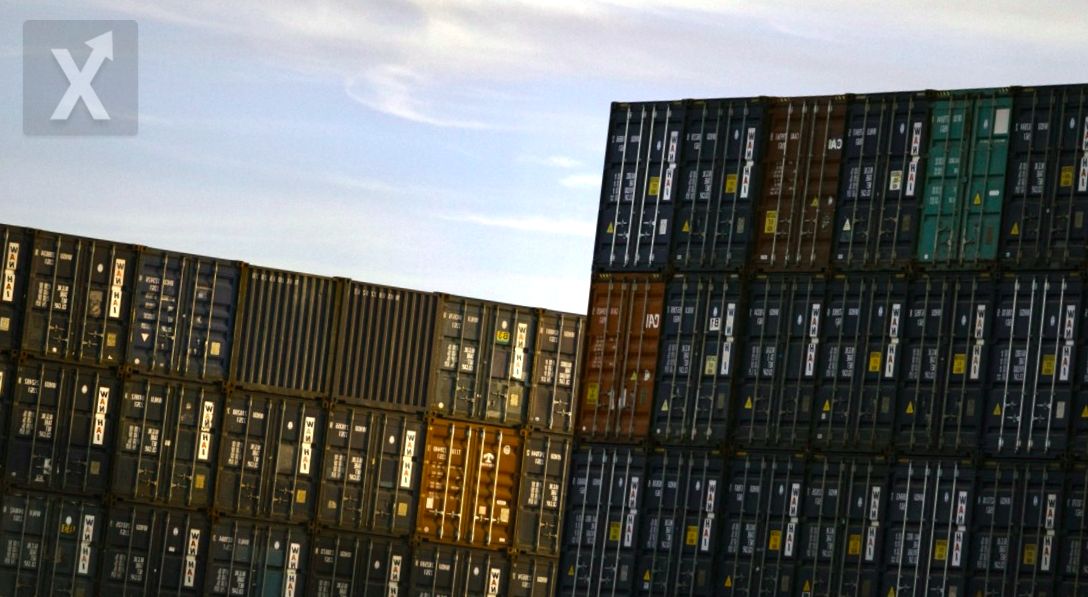Victory for the U.S. in GMO Corn Dispute: Mexico Will Comply with the Decision

The Office of the United States Trade Representative (USTR) announced that it has winned the arbitration panel established under the USMCA regarding Mexico's ban on GMO corn. According to the USTR, the panel ruled in favor of the United States on all seven legal claims it presented, concluding that Mexico's actions lack scientific support and endanger the market access Mexico had promised under the USMCA.
“The panel's ruling reaffirms longstanding U.S. concerns about Mexican biotechnological regulations and their negative impact on U.S. agricultural exports,” said Ambassador Katherine Tai. This decision, favorable to the United States, was already anticipated by Mexico, considering that a previous report sided with the Americans. The Ministry of Economy stated that while it does not agree with the panel's ruling, it is committed to complying with it, as the dispute resolution mechanism of the USMCA is essential to the agreement, as evidenced in the Origin Rules issue in the automotive sector, which benefited Mexico. The USTR emphasized that this resolution ensures that U.S. exporters and producers will continue to have fair and full access to the Mexican market, representing a win for trade based on scientific standards and principles of fairness, which are the foundation of the USMCA. U.S. corn exports to Mexico exceed $5 billion. According to the panel's ruling, Mexico's policies contradicted decades of evidence supporting the safety of agricultural biotechnology, grounded in science-based regulatory review systems. Tai noted that the outcome supports efforts to maintain a solid and scientifically-based trade relationship that benefits both producers and consumers in the U.S. and Mexico. ______ Would you like to expand your business? In this episode of Tell Me About the Economy, they provide you with some recommendations ______
It is crucial for Mexico to maintain a balance in implementing regulatory policies that respect both its agricultural development and international commitments. Adapting to and understanding new technologies, such as biotechnology, are key not only to ensuring food supply but also to strengthening trade relationships that can boost the country's economy.





